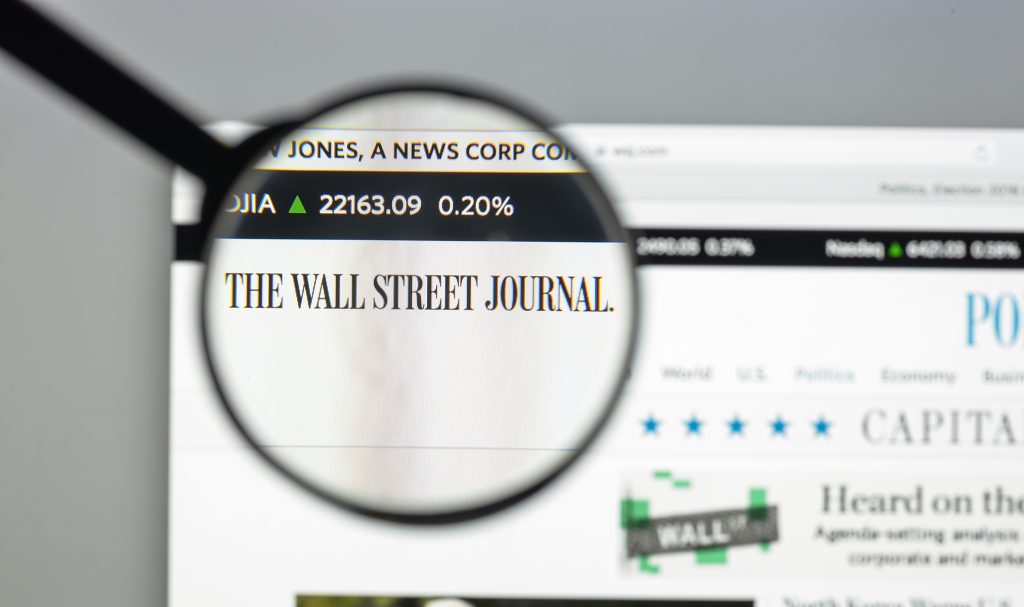According to Washington Post columnist Catherine Rampell, “The Chinese economy has hit a rough patch.” On their face, comments like these always rate a raised eyebrow: I can’t measure the economy of the street I live on, but Rampell feels comfortable commenting from New York City on the health of people in a vast country on the other side of the world. How does she know what she claims to know? This question is particularly relevant given the theme of the column in which she claimed China’s economy is lousy. Rampell suggests Chinese government officials hide the bad news.
Still, there are probably reasonable ways for Rampell to develop a sense of China’s situation. Down market as market signals may seem to members of the Left, the happy, peaceful truth is that the Chinese people are conducting a passionate love affair with all things American. A visit to China very much vivifies this truth. In which case one simple way to divine China’s economic health would be for Rampell to look at U.S. stock market indices. If China were ailing, so would they be. Crashing perhaps. That they’re not is at least one indication that in a paraphrase of Jon Cowperthwaite (Hong Kong’s Financial Secretary from 1961-1971), China’s economy is too dynamic for government officials to measure.
The above truth might ruffle Rampell’s feathers. She has a reverence for government and the expertise she imagines exists in government. Call Rampell Cowperthwaite’s opposite. Cowperthwaite decried government statistics for reasons beyond their unreliability: he feared stats produced by the political classes would be used as an excuse by them to “do something.” No thanks. Free people do just fine.
Rampell urges government officials prone to massaging government-produced economic statistics to “take note.” Since no government would hide good news, any government fiddling with statistics “implies something very worrisome.” Rampell may be right about the latter, but as ever she concludes incorrectly. As Cowperthwaite could have told her, there’s no hiding anything in a market economy, or even a mixed economy for that matter. Think about it.
While Rampell seeks knowledge or evidence of fibs from government statistics, the simple truth is that government stats are wholly superfluous. As we know from the U.S., payroll company ADP has a sense of U.S. unemployment (this includes its publication of a monthly jobless statistic) that the BLS could never hope to have. Curious about office occupancy? Call Kastle Systems. Interested in consumer debt along with whether or not it’s being paid back? Visa has data that runs circles around what government economists produce.
China is logically no different. Jack Ma’s various banking entities issue billions worth of loans literally within minutes. If interested in the health of China’s economy, a much better proxy would be Ma himself, and if Ma is muzzled, the share price of the companies he’s founded that are public would indicate a lot. China’s cities are dense with skyscrapers, which means there are private companies with intimate knowledge of how full the buildings are. Rampell fears data about youth unemployment in China is flawed, but if so, private payroll companies can answer her skeptical questions.
Which is why it’s too bad Rampell is such a market skeptic. If not, Hong Kong’s success sans stats would serve as a lesson for her, as would the businesses formed within Hong Kong, and that know exponentially more about its economy than the economists charged with tracking it do. Barring all that, stock markets routinely inform us up to the minute. We don’t need government nearly as much as Rampell thinks we do.
Republished from RealClear Markets





